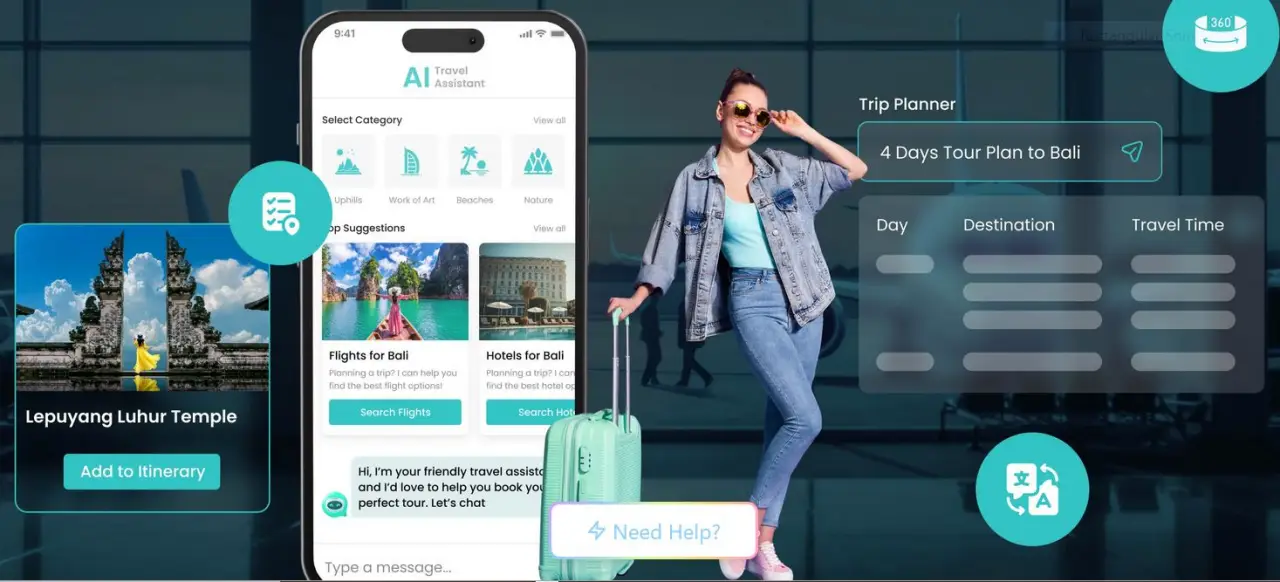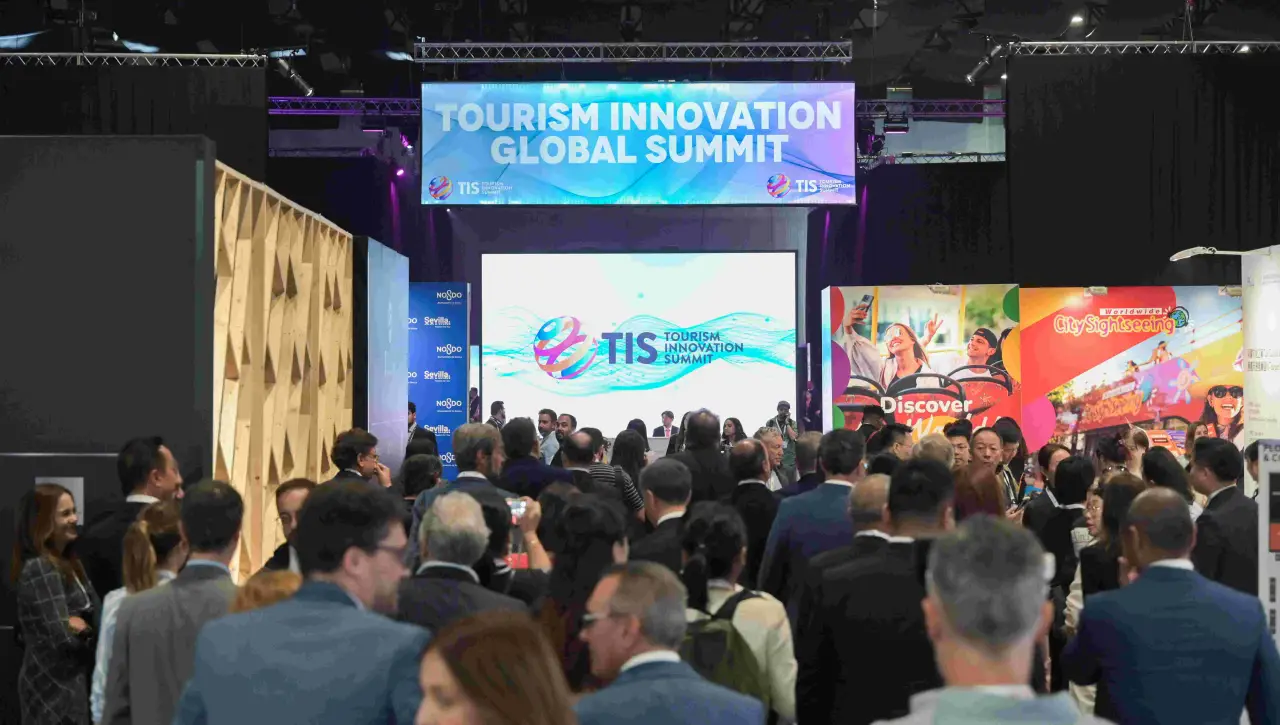Generative Artificial Intelligence (Generative AI) remains a central focus for the travel sector looking ahead to 2025 – but challenges are emerging as initial optimism begins to dissipate.
That is according to a new report released by Amadeus – ‘Navigating the Future: How Generative Artificial Intelligence is transforming the travel industry’ – which surveyed experts in the field from across the travel ecosystem.
Generative AI is a top priority with budget and resources on the agenda
Among the 300+ industry leaders questioned, Generative AI was cited as a ‘top priority’ for the coming year by 46% – ahead of any other technology. This figure rose to 61% in Asia Pacific, suggesting the region may be ready to take the lead in this transformative technology.
The most prominent use cases of Generative AI in travel include personalised travel recommendations, dynamic advertising, itinerary personalisation, AI-driven booking assistants, customer support, dynamic tour pricing, and virtual tours.
Other technologies cited as a top priority for 2025 included data management (38%), cloud architecture (36%), non-Generative AI IT infrastructure (34%) and biometric technology (23%).
Globally, over half of travel technology leaders (51%) argue Generative AI already has a ‘significant presence’ in the travel industry in their country. A further 36% expect this presence to emerge over the next year, while 11% expect the process to take one to two years. Just 2% of travel technology leaders think it will take three-or-more years for Generative AI to have a significant presence on the travel sector where they are.
Today, 41% of travel companies say their organisation has the budget and resources in place to implement Generative AI, while 87% are open to working with a third-party vendor to develop Generative AI-powered applications.
Data, talent and cost seen as challenges in deployment of Generative AI
While support for the roll-out of Generative AI in the travel sector remains undimmed, the report finds several challenges are emerging.
When asked what, if anything, was slowing the roll-out of the technology, industry leaders said:
- Data security – 35%
- Lack of Generative AI expertise and training – 34%
- Data quality and inadequate technological infrastructure – 33%
- ROI concerns, lack of use cases, or difficulty in estimating value – 30%
- Difficulty in connecting with partners or vendors – 29%
Today, Generative AI specialists are grappling to recruit experts and train existing workforces to bridge a skills gap, while working to secure data and convince senior leaders of the value of Generative AI investments.
How is Generative AI being used?
While the process of experimentation continues with the deployment of Generative AI, several use cases have emerged in the travel sector.
These are led by digital assistance for travelers during booking (53%) and followed by recommendations for activities or venues (48%), content generation (47%), helping staff to better serve customers (45%), and collecting and condensing post-travel feedback (45%).
What does the successful deployment of Generative AI look like?
Respondents of the study were looking for, in ranked order, return on investment, customer satisfaction, efficiency and productivity improvements, performance metrics (accuracy, precision and relevance) and increases in key performance indicators.
The respondents were based in 10 markets: Canada, Italy, United Kingdom, France, Germany, India, Australia, China, Japan and the United States.
Sylvain Roy, Chief Technology Officer, Amadeus, said: “This is a technology that has the potential to transform every facet of the travel ecosystem, significantly enhancing the passenger experience at every step of the journey.
While the technology will be a key focus for the next year, questions are rightly being asked whether Generative AI will deliver sufficient returns on investment, while talent shortages are also coming under the spotlight.
It is crucial that we use this new technology responsibly, including ensuring data security, privacy, and content reliability. It is time for Generative AI to prove it can live up to the hype.”









